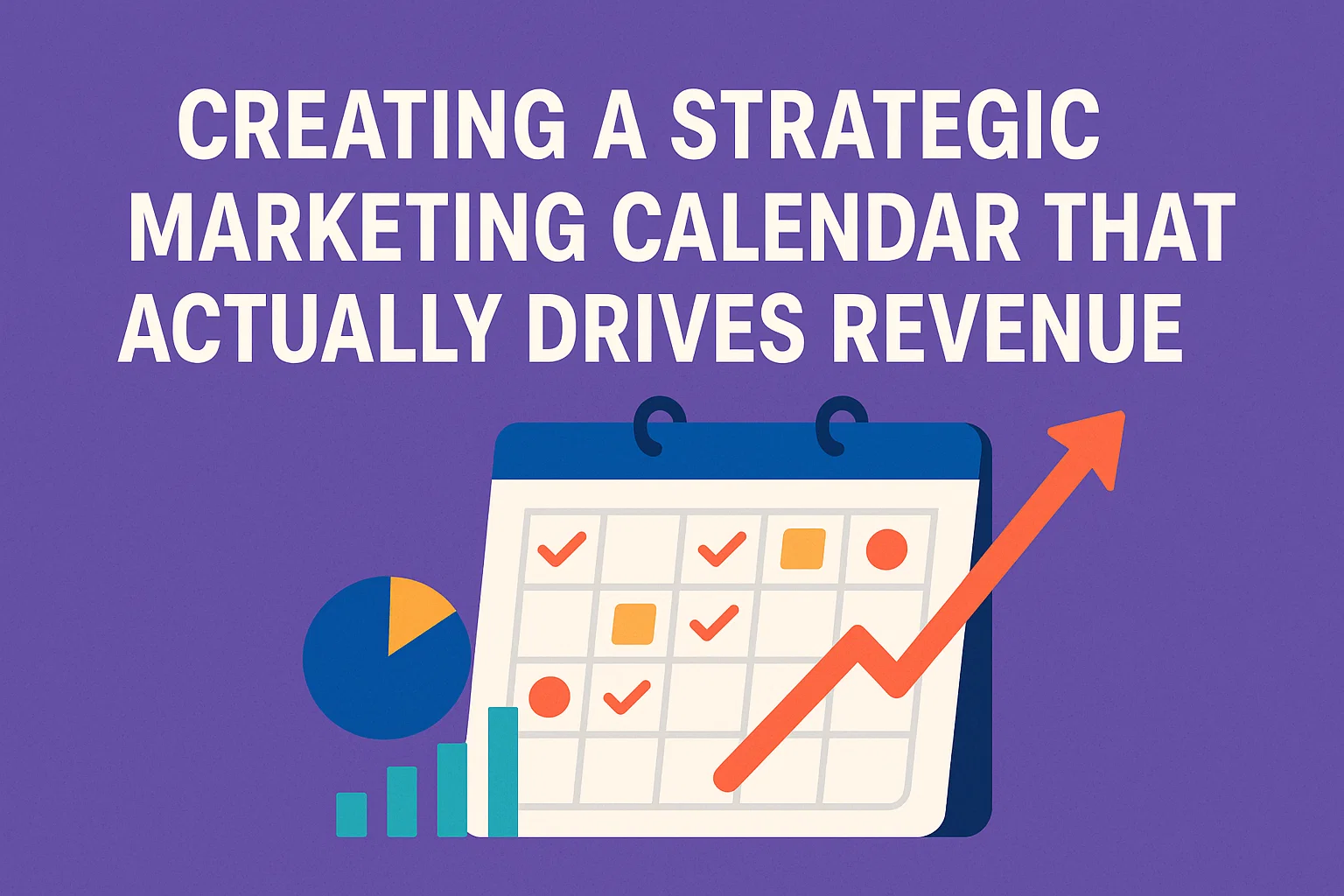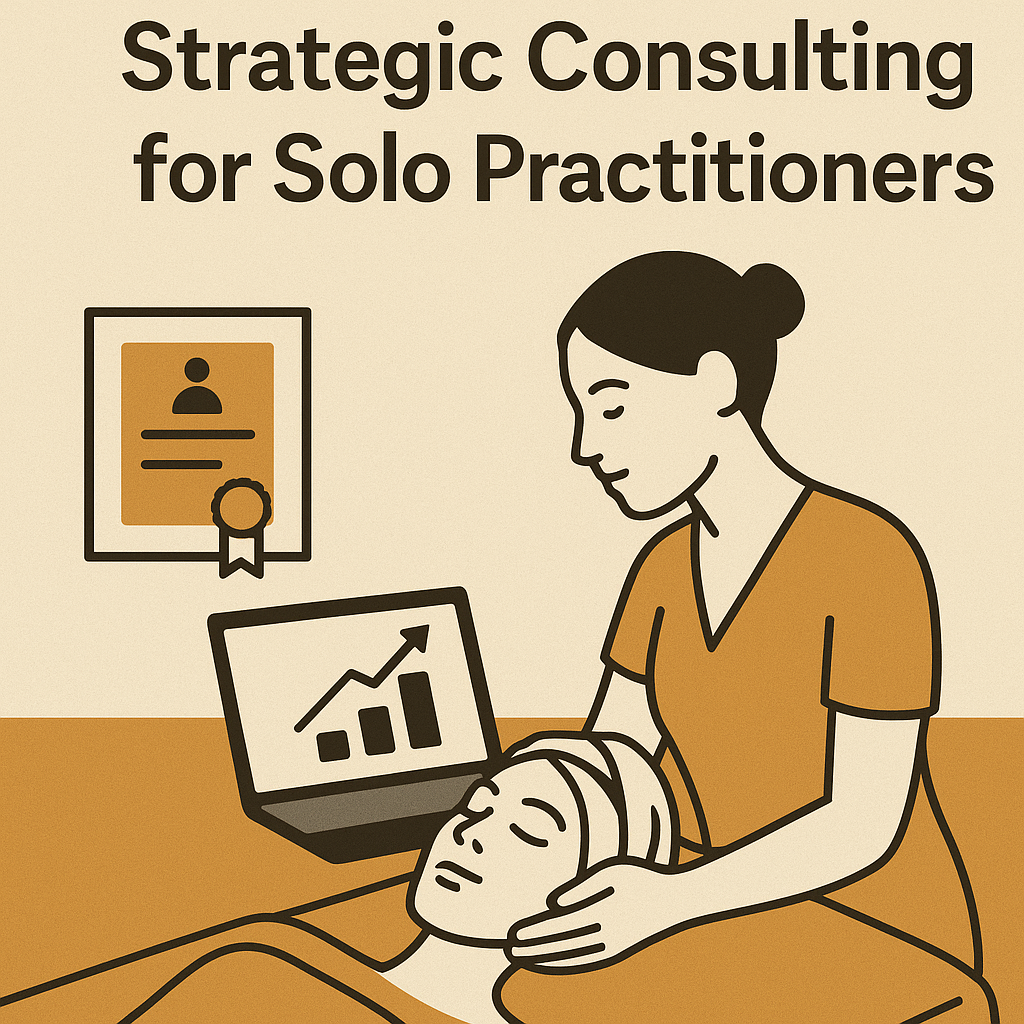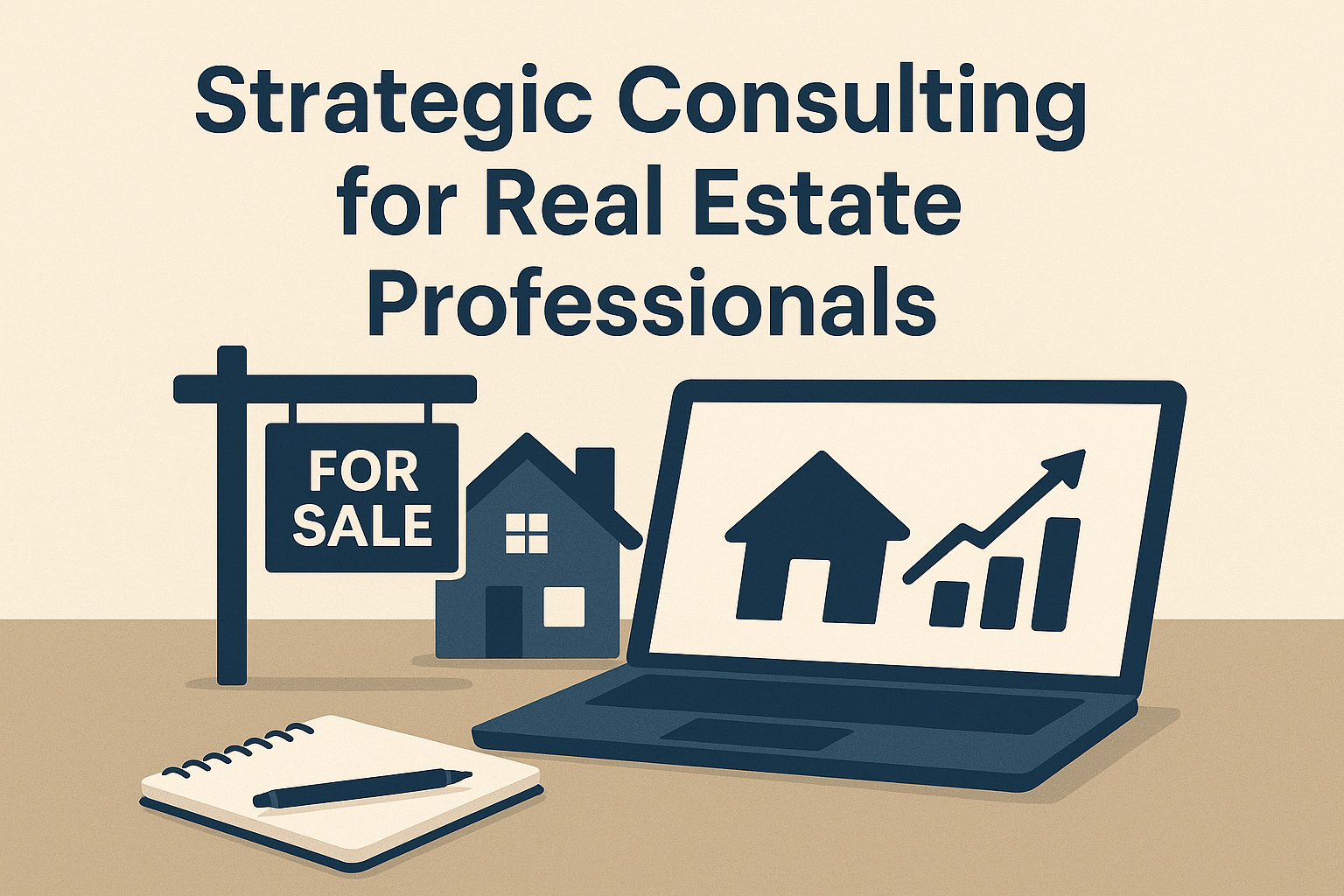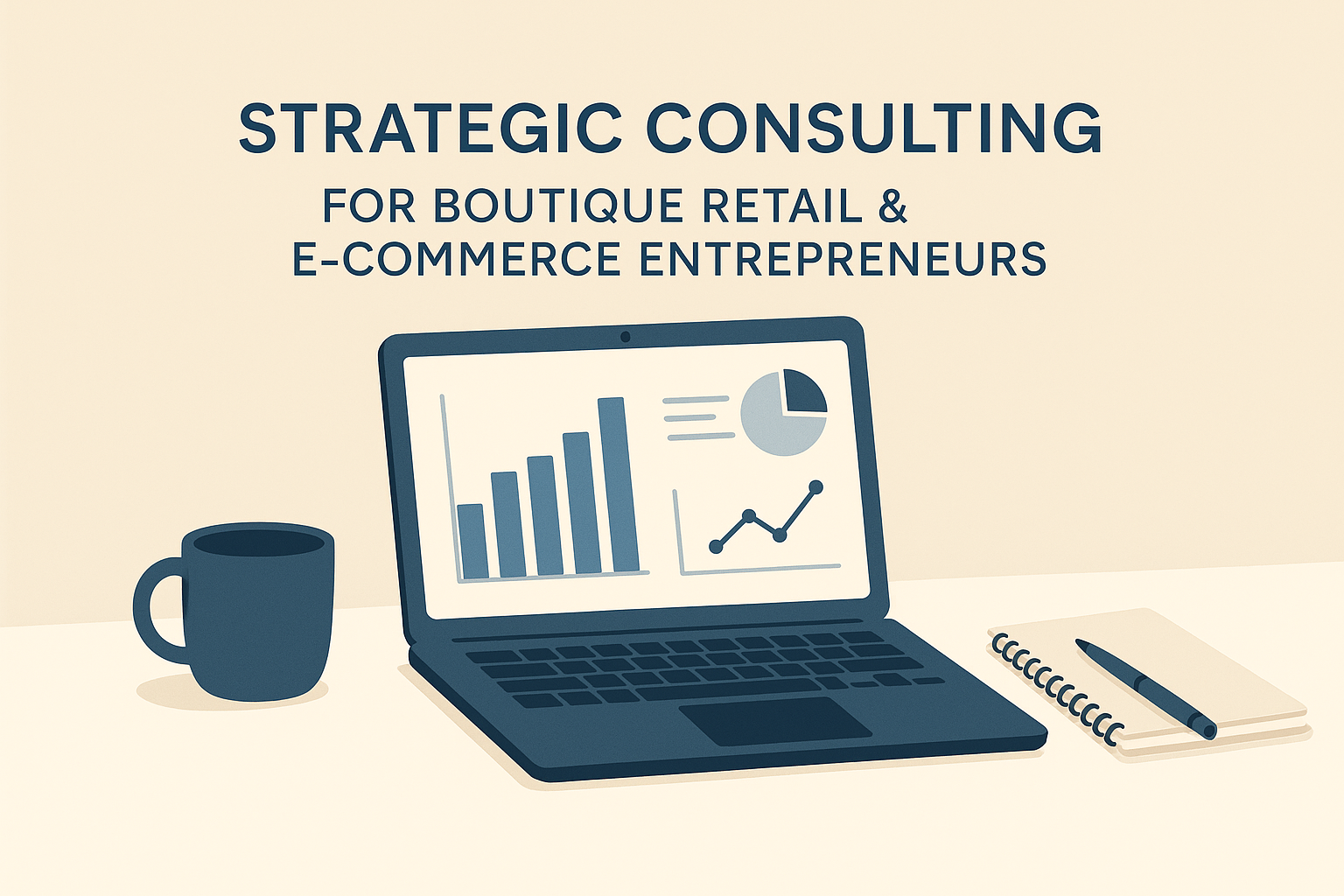Every small business faces daily challenges, from tough decisions to limited resources. A clear vision and mission help steer the business in the right direction and keep everyone focused on what matters most. They are not just inspiring words for a website; they serve as a foundation for how work gets done and how success is measured.

Without a vision and mission, employees can lose sight of their goals, and customers may not understand what the business stands for. When a business clearly defines its purpose and long-term goals, it builds trust, helps attract new talent, and keeps the team moving forward together.
Key Takeaways
- Vision and mission bring clarity and strong direction.
- They help shape a positive culture and guide everyday choices.
- Clear goals lead to better engagement and stronger results.
Understanding Vision and Mission in Small Business

Vision and mission statements help small businesses stay focused and move in the right direction. They guide choices, shape company culture, and make it easier to communicate goals to customers and employees.
Defining Vision and Mission
A vision statement describes what a small business wants to become in the future. It focuses on long-term goals and paints a clear picture of success. For example, a bakery might have a vision to be the most-loved neighborhood bakery in its city.
A mission statement explains the purpose of the business right now. It tells what the company does, who it serves, and how it operates. For instance, the same bakery’s mission could be, “To create fresh, high-quality baked goods and serve the community with a smile every day.”
Table: Key Differences
| Statement | Focus | Timeframe | Example |
|---|---|---|---|
| Vision | Future, aspirations | Long-term | “Be the top bakery in the city.” |
| Mission | Present, purpose | Short-term | “Serve fresh bread to the community.” |
Differences Between Vision and Mission Statements
Vision and mission statements are not the same. The vision statement is about where the business wants to go. It is inspiring and acts like a goalpost for the future.
A mission statement is about what the business does every day. It gives employees and customers a sense of why the business exists and what makes it unique.
Vision lays out what a business hopes to achieve. Mission explains how the business will achieve it. For small businesses and SMEs, having both statements helps keep everyone focused and motivated, even during hard times.
The Role of Purpose and Values
A small business’s mission and vision are connected to its core values and clear purpose. Values are the beliefs that guide decision-making, like honesty, quality, or respect.
Purpose answers the “why” behind the business. For example, a purpose could be to bring healthier food choices to the neighborhood.
Listing company values helps owners and employees know how to act every day. Values make it easier to build trust with customers. They set the foundation for company culture and support every choice the business makes.
Clearly defining purpose and values ensures the business stays true to its mission and vision, even as it grows and changes. This focus helps attract loyal customers and dedicated employees.
Why Vision and Mission Still Matter for Small Business Success

Strong vision and mission statements shape a company’s identity and guide important choices. They help small businesses stay focused, plan wisely, and build a firm base for growth and purpose-driven success.
Driving Long-Term Success and Sustainability
A clear vision gives a small business direction for the future. It explains what the business wants to become in the long run and helps everyone work toward the same goal.
The mission statement shows what the business does right now. When employees and leaders believe in their purpose, it’s easier for them to stay motivated and make good decisions.
Vision and mission also help companies handle change. As markets shift, a steady purpose helps guide how to adapt while still following the company’s core beliefs.
A focus on long-term success and sustainability means thinking beyond quick profits. This mindset encourages businesses to build lasting relationships with customers, employees, and the community.
Navigating Strategic Planning
Vision and mission are the foundation for smart strategic planning. They make it clear what choices match the business’s goals, and what does not.
Here’s how small businesses use them to plan:
- Set Goals: Leaders use vision and mission to create goals that fit the business’s purpose.
- Prioritize Actions: Clear statements help choose which projects matter most.
- Guide Teams: Employees know how their work fits into the bigger picture.
When the whole team understands the business vision, they can spot risks and new chances faster. This shared knowledge improves decision-making across the business, so resources are not wasted on ideas that don’t support long-term growth.
Building a Foundation for Business Growth
Vision and mission build trust with customers and partners. People want to support businesses that know what they stand for and where they are going.
Employees are also more likely to stay and do their best work when they understand and agree with the business’s purpose.
A strong foundation matters because it helps small businesses grow the right way. Growth takes more than just making money. It means hiring the right people, creating new products, and building a culture shaped by clear values.
When vision and mission guide everyday choices, the business can grow faster and handle challenges better. This leads to stable, purpose-driven growth over time.
Improving Clarity and Alignment Across the Organization
Clarity and alignment help employees understand their roles and connect their daily work to company goals. Both are needed for a small business to operate smoothly, stay focused, and make effective decisions.
Enhancing Internal Alignment
Internal alignment means everyone in the company shares the same understanding of the mission and vision. This starts when company leaders communicate expectations clearly and consistently. When employees know what the business stands for, they are more likely to work toward common goals.
A culture of open communication helps maintain alignment. Regular team meetings, feedback sessions, and clear documentation support this process. Simple visual tools, like charts or posters with the mission statement, can also remind staff of what matters most.
Leadership sets the tone for alignment. If leaders act in ways that support the mission, others are more likely to follow. Internal alignment improves teamwork, reduces confusion, and lets staff focus on what is important.
Supporting Strategic Alignment
Strategic alignment connects daily operations to long-term business goals. It helps teams see how their work fits into the bigger picture. This often requires company leaders to review and discuss the vision and mission during planning sessions.
Setting specific objectives that reflect the company’s vision ensures all projects support the same direction. Leaders should make sure these objectives are easy to measure and understand. Using lists or tables to track progress makes it easier to spot when work is drifting away from main goals.
When employees see clear links between their actions and the company’s strategy, motivation and productivity improve. Strategic alignment helps small businesses stay resilient and adapt to changes without losing focus.
Shaping Company Culture and Values
A small business’s vision and mission are closely linked to its culture and values. These elements guide decision-making, set expectations for behavior, and influence how employees and customers view the company.
Establishing Core Values
Core values are the foundation of a business’s identity. They reflect what the company stands for and shape its priorities. Companies often highlight values such as honesty, customer focus, teamwork, and innovation.
Defining core values starts with leadership. Leaders must identify beliefs that matter and communicate them clearly. Posting core values on company walls and using them in employee handbooks helps everyone remember what’s important.
Examples of core values:
- Integrity
- Respect
- Accountability
- Collaboration
When core values are clear, employees know what is expected. This helps make decisions easier and creates a sense of purpose throughout the organization.
Cultivating Workplace Culture
Workplace culture refers to the atmosphere and attitudes within a company. Vision and mission statements guide the development of this culture by setting the tone for daily interactions. A positive culture supports teamwork, learning, and open communication.
Leaders play a key role in shaping workplace culture. By modeling desired behaviors and rewarding those who follow the company’s values, they influence how employees treat each other. Regular team meetings, feedback sessions, and social events can strengthen culture.
Effects of strong culture:
- Higher employee morale
- Better retention rates
- Increased trust among staff
- Improved performance
A healthy workplace culture makes employees feel valued and supported, which can lead to higher productivity and stronger relationships with customers.
Promoting Ethical Practices
Ethical practices are actions that align with a company’s values and legal standards. They go beyond following laws by promoting fairness, responsibility, and transparency.
Companies that promote ethical practices build trust inside and outside the organization. Setting clear policies about honesty, respect, and customer care helps prevent misconduct. Training on topics like workplace harassment or data privacy reinforces the importance of ethics in everyday work.
Ways to encourage ethical practices:
- Lead by example
- Offer ethics training
- Provide clear reporting channels for concerns
When a company is known for ethical behavior, it earns loyalty from both employees and customers, creating a positive reputation in its industry.
Guiding Leadership and Decision-Making
A clear vision and mission help leaders set priorities and keep the company on track. They make it easier to measure progress, encourage new ideas, and explain choices to employees and customers.
Empowering Company Leaders
Company leaders need strong, dependable guidelines to steer their teams. A clear vision and mission work as this compass by outlining what success looks like and why it matters. Leaders can use these statements to keep their own actions and decisions focused on long-term goals.
When leaders make decisions, they often face difficult options. The vision and mission statements give them a consistent standard to judge what fits best with what the business stands for. This helps leaders work with more confidence and reduces confusion for everyone involved.
Vision and mission also help leaders explain “why” behind choices. When decisions connect directly to these statements, employees are more likely to trust leadership and follow their direction.
Fostering Accountability
Accountability is important for any business. Vision and mission make it clear what is important, so everyone knows what they are responsible for. This helps set clear goals for each team and person.
With these guidelines, leaders can check if decisions and actions match the company’s purpose and goals. If something is off track, it is easier to see where changes are needed. This approach also improves performance reviews and feedback since expectations are tied to the company’s main values.
Teams that understand their role in the bigger picture are more motivated to deliver results. People see how their work helps meet larger company goals, making accountability a shared value, not just a rule.
Inspiring Innovation
A strong vision often encourages fresh ideas by showing what the company hopes to achieve in the future. When employees know the big picture, they can suggest creative solutions that support long-term goals.
Having a clear mission also keeps innovation focused. Instead of random change, new ideas are judged by how well they fit the company’s purpose. This makes it less risky to try something new, since the overall direction stays clear.
Leaders play a key part in this process. By linking innovation to the mission and vision, they help teams see that creative thinking is not just welcomed, but necessary for success. This connection makes new ideas valuable, not just different.
Engaging Employees and Attracting Talent
Clear vision and mission statements help employees understand how their work fits into the company’s goals. These guiding statements also influence behaviors and are key factors in finding and keeping the right people.
Boosting Employee Engagement
Employees feel more engaged when they know why their work matters. A well-communicated vision explains the big picture, so employees can see the value of their daily tasks.
When leaders share the mission often, it gives workers a sense of direction. Simple actions like regular meetings or story-sharing about company impact can connect each role to purpose.
Engaged employees are more likely to be creative, suggest improvements, and work toward shared goals. This kind of involvement reduces boredom and leads to stronger teamwork.
Aligning Behaviours and Motivations
A clear set of company values and mission helps shape how employees act at work. When people know what is expected, it is easier for them to make good decisions and support each other.
Companies can use their mission when hiring, training, and rewarding staff. This approach, often called values-based hiring, helps bring in people whose personal goals match the business’s direction.
Benefits include:
- Faster decision-making
- Fewer conflicts
- Higher job satisfaction
People are more motivated when their own beliefs line up with the company’s mission.
Attracting and Retaining Talent
Talented workers are drawn to businesses that stand for something beyond profits. Today’s candidates, especially younger workers, often look for jobs where the culture and ethics match their values.
A strong mission can help small businesses compete for top talent by making the workplace feel meaningful. Clear vision and values can also lower turnover, as employees are more likely to stay with a company that shares their beliefs.
Flexible work, open communication, and a sense of purpose are key factors in both attracting and keeping skilled employees.
A consistent message about what the business stands for builds trust with potential hires and current employees alike.
Strengthening Communication and Brand Identity
Clear vision and mission statements help small businesses communicate their values and purpose. These statements guide how teams work together, shape how the brand appears in the market, and influence how customers feel about the company.
Improving Internal Communications
A well-defined vision and mission give employees something to rally around. When everyone knows the company’s purpose and long-term direction, it’s easier to share information and ideas.
For example, leaders can use the vision and mission as common language during meetings or emails. This makes goals and priorities clear to everyone.
Employees benefit in these ways:
- Increased understanding of company goals
- Better teamwork
- Fewer misunderstandings
Consistent messaging builds a culture where staff support each other. They can see how their work connects to a larger purpose, which can lift morale and productivity.
Building a Consistent Brand Identity
Vision and mission statements help shape what a brand stands for. They offer guidance when creating marketing materials, setting customer service standards, or making business decisions.
A brand identity built this way feels more trusted and recognizable. The business uses the same colors, messages, and tone across flyers, websites, and social media.
Key aspects include:
- Visual style: logos, fonts, and colors
- Brand voice: how the business “talks” in written and spoken words
- Core messages: the main ideas shared about the company
Customers and partners know what to expect because the brand acts the same way in every situation.
Enhancing Customer Loyalty
Customers are more likely to support brands that are clear about what they believe in. Sharing a vision and values helps customers feel a connection with the company.
For example, shoppers might pick a small store that cares about the community over a bigger brand, if the mission is visible. Consistent values and service keep people coming back.
Ways this builds loyalty:
- Customers trust the brand to keep its promises
- People recommend the business to friends
- The brand stands out from competitors who lack clear values
By focusing on purpose and values, businesses create a lasting relationship with their audience.
Measuring Success and Continuous Improvement
Clear measurement helps small business owners see if their vision and mission actually guide performance. Focused tracking can show what is working, what is falling behind, and where changes may be needed.
Setting Metrics and KPIs
Using the right metrics and Key Performance Indicators (KPIs) gives small businesses a structured way to measure progress. These measures should be connected to specific business goals, like customer satisfaction, product quality, or repeat sales.
Common KPIs include:
- Revenue growth percentage
- Customer retention rate
- Order fulfillment time
- Employee turnover rate
KPIs let team members know what targets to hit and show if plans work as expected. When KPIs are regularly reviewed, it becomes easier to spot trends and act early if results slip. Setting clear, realistic metrics helps everyone stay focused, which moves the business closer to its goals.
Aligning Financial Objectives
Financial objectives measure if the business is profitable and sustainable. These goals often include targets such as revenue, profit margin, cash flow, and return on investment (ROI).
Not all financial targets fit every small business. Owners should pick those that reflect their vision, like growing sales by 15%, improving profit margin to 10%, or keeping expenses under a set amount.
Tracking these objectives allows leaders to adjust budgets, investments, or pricing strategies if numbers start to miss the mark. Using simple spreadsheets or accounting software makes tracking easier. Financial objectives should be reviewed alongside operational KPIs to get a full picture of business health.
Driving Continuous Improvement
Continuous improvement means always looking for ways to do things better. It helps keep processes efficient, reduce costs, and raise quality.
Common methods include:
- Reviewing weekly or monthly business results
- Collecting customer and employee feedback
- Holding team meetings to brainstorm ideas
Metrics play a big role here. When performance numbers are shared openly, teams can see the direct impact of their work and offer solutions. Setting new targets after hitting old ones leads to steady progress.
Continuous improvement is not just about fixing problems. It is about building a habit of learning and making small, steady changes over time. This keeps the business moving forward, even in tough markets.
Real-World Impact: Case Studies in Small Business
Case studies show that having a clear vision and mission helps guide small business decisions. These examples highlight how purpose can shape strategy, culture, and long-term results.
Examples of Vision and Mission in Action
Some small businesses build their entire brand around a strong mission. For example, Patagonia is known for its focus on protecting the environment. Its mission guides its actions, like giving part of its profits to groups that fight climate change. This vision makes it stand out and builds loyalty with customers who care about the same cause.
In another case, a local bakery defined its mission as providing fresh, healthy food and supporting local farmers. By explaining this goal, they attracted a steady group of customers interested in fresh, locally sourced food. The bakery stuck to its values, which helped it grow and maintain trust in the community.
Companies that put their mission and vision first usually see clearer goals, better staff engagement, and a stronger brand identity.
Lessons Learned from Successful SMEs
Key lessons from these small business cases include:
- A clear vision and mission help guide decision-making in daily operations.
- Staff find it easier to stay motivated and focused when they know the bigger purpose.
- Customers respond positively to brands with a strong and genuine mission.
Being open about values can build trust with both customers and employees. Small businesses do not need to be large or global to make an impact.
Learning from real examples helps other small business owners see how defining purpose leads to more meaningful and sustainable growth.











